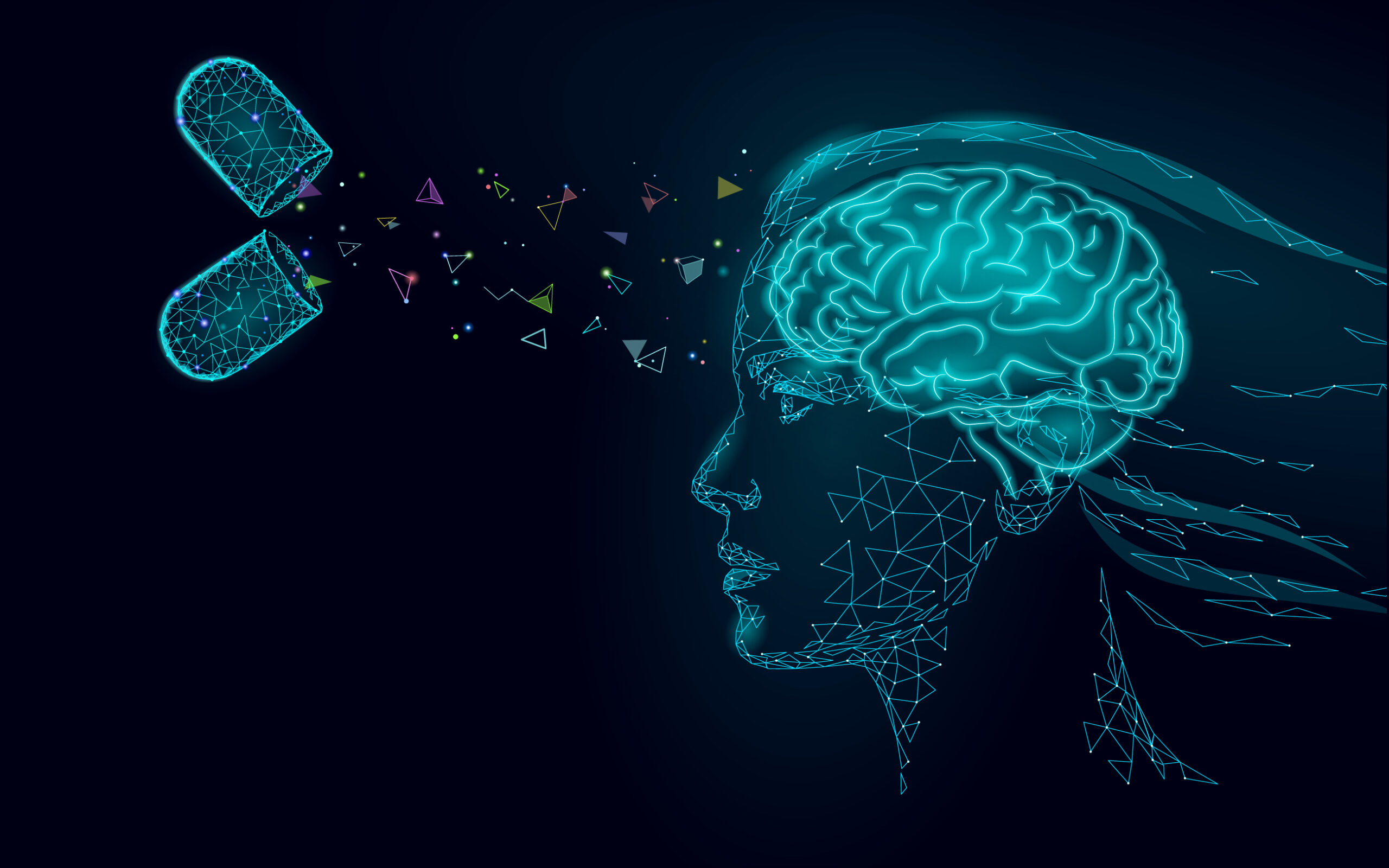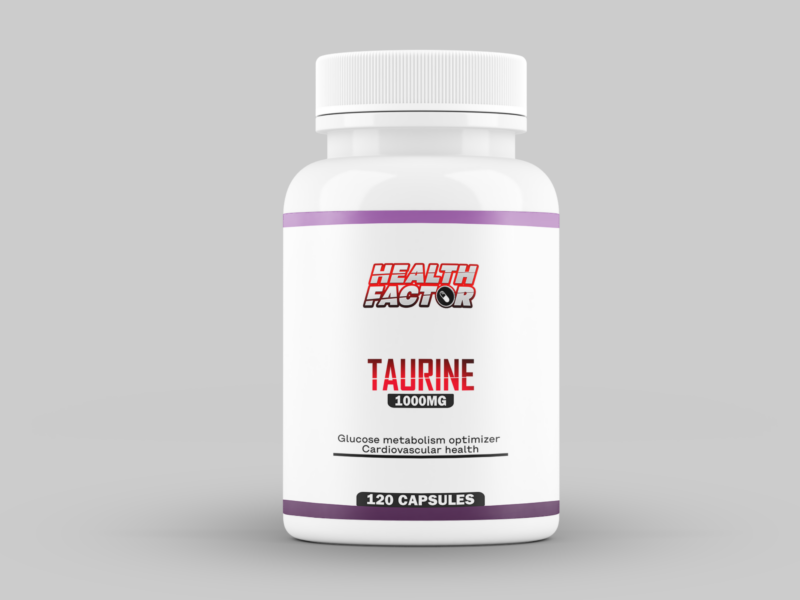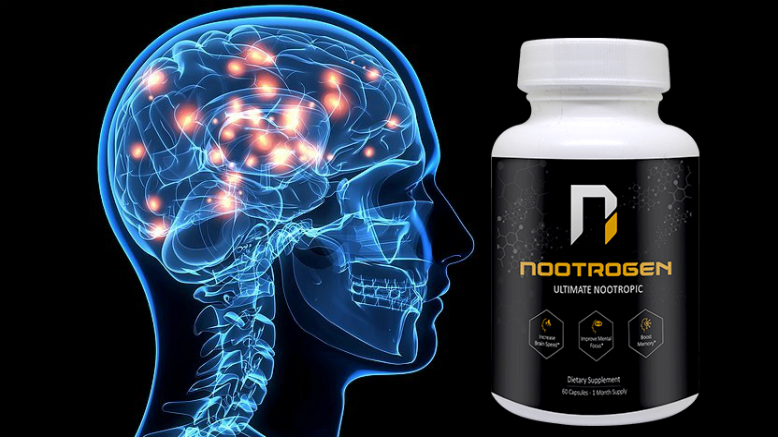Introduction
Ashwagandha, scientifically known as Withania somnifera, is an adaptogenic herb with a long history of use in Ayurvedic medicine. This remarkable herb has gained widespread recognition in the world of nootropics for its potential to enhance cognitive function, reduce stress, and promote overall mental and physical well-being. In this comprehensive guide, we will explore what Ashwagandha is, how it works, and the diverse array of benefits it offers for those seeking cognitive enhancement and improved mental performance.
Understanding Ashwagandha Nootropics
Ashwagandha, often referred to as “Indian ginseng” or “winter cherry,” is a small shrub native to India, the Middle East, and parts of Africa. Its root and leaves are rich in bioactive compounds, including alkaloids, steroidal lactones (withanolides), and antioxidants, which give it its adaptogenic properties. Ashwagandha is known for its ability to help the body and mind adapt to stressors and maintain a state of equilibrium or homeostasis.
While it’s traditionally used as an herbal remedy for various health conditions, Ashwagandha has recently gained attention for its nootropic potential. Nootropics are substances that enhance cognitive function and overall brain health. Ashwagandha, with its stress-reducing, mood-improving, and cognitive-enhancing properties, fits well within this category.
How Ashwagandha Nootropics Work
The active compounds in Ashwagandha, primarily withanolides, influence various pathways in the body and brain, contributing to its nootropic effects. Here’s how Ashwagandha works
Stress Reduction
One of the most prominent benefits of Ashwagandha is its stress-reducing capabilities. It helps regulate the body’s stress response by reducing the secretion of cortisol, the stress hormone. By modulating stress hormone levels, Ashwagandha can promote a sense of calm and mental clarity.
Neuroprotection
Ashwagandha’s antioxidant properties help protect brain cells from oxidative damage caused by free radicals. This neuroprotection is essential for maintaining cognitive health and reducing the risk of neurodegenerative diseases.
Anti-Inflammatory Effects
Chronic inflammation can have detrimental effects on the brain and cognitive function. Ashwagandha’s anti-inflammatory properties can help combat inflammation and maintain optimal brain health.
Enhancing GABA Activity
Ashwagandha has been shown to enhance the activity of gamma-aminobutyric acid (GABA), a neurotransmitter that promotes relaxation and reduces anxiety. By increasing GABA activity, Ashwagandha can contribute to a calmer mind and better stress management.
The Benefits of Ashwagandha Nootropics
Stress Reduction
Ashwagandha is well-known for its ability to reduce stress and anxiety. By regulating cortisol levels and promoting a sense of calm, it can help individuals manage stress more effectively, improving overall mental well-being.
Enhanced Cognitive Function
Ashwagandha’s stress-reducing properties indirectly lead to better cognitive function. By reducing the negative impact of stress on the brain, individuals may experience improvements in memory, concentration, and overall mental clarity.
Mood Improvement
Ashwagandha has mood-enhancing effects, making it a valuable tool for individuals struggling with mild to moderate depression or mood disorders. It can promote feelings of well-being and reduce symptoms of depression and anxiety.
Neuroprotection
The antioxidants in Ashwagandha help protect brain cells from oxidative damage, which is vital for long-term cognitive health. By preserving the integrity of brain cells, it may reduce the risk of age-related cognitive decline.
Focus and Concentration
Reducing stress and promoting relaxation can enhance focus and concentration. This benefit is particularly valuable for those seeking to maintain high levels of attention during demanding tasks.
Improved Sleep
Ashwagandha’s ability to reduce stress and enhance GABA activity can lead to better sleep quality. Individuals may experience improved sleep onset and duration, ultimately contributing to overall mental well-being.
Memory Enhancement
The stress-reducing and neuroprotective effects of Ashwagandha can also lead to improved memory. Individuals may find it easier to acquire new information and retain it more effectively.
Potential for Age-Related Cognitive Decline
As individuals age, cognitive decline becomes a concern. Ashwagandha’s neuroprotective properties may help mitigate age-related cognitive impairment, enhancing the quality of life for older adults.
Combining with Other Nootropics
Ashwagandha can be effectively combined with other nootropics to enhance their effects. Stacking Ashwagandha with substances like Alpha GPC or racetams can lead to a more comprehensive cognitive boost.
Cardiovascular Health
Ashwagandha has potential benefits for cardiovascular health. It may help lower blood pressure and reduce the risk of heart disease, which indirectly supports brain health by ensuring adequate blood flow to the brain.
Immune System Support
A healthy immune system is vital for overall well-being. Ashwagandha’s immune-modulating effects can contribute to better health and vitality.
Inflammation Management
The herb’s anti-inflammatory properties extend beyond the brain. Ashwagandha may assist in managing inflammatory conditions, although more research is needed in this area.
Dosage and Safety
Ashwagandha is generally well-tolerated and safe for most individuals when used within recommended dosage guidelines. Typical doses range from 300mg to 600mg per day, although some individuals may require more or less depending on their specific needs and goals.
It’s essential to start with a lower dose and gradually increase it to assess your tolerance and individual response. Ashwagandha is generally safe, but side effects like mild gastrointestinal discomfort have been reported in some cases.
If you are pregnant, breastfeeding, have thyroid conditions, or are taking medications, it’s advisable to consult with a healthcare professional before using Ashwagandha to ensure its safety and suitability for your specific situation.
Conclusion
Ashwagandha nootropics are a valuable addition to the toolkit of individuals seeking to optimize their mental capabilities, reduce stress, and improve overall well-being. As an adaptogenic herb with a long history of use in traditional medicine, Ashwagandha’s potential benefits extend beyond cognitive enhancement to stress reduction, mood improvement, and overall health.
With its established track record of safety and effectiveness, Ashwagandha continues to gain recognition in the world of nootropics and holistic health optimization. As research on this herb expands, it may provide further insights into its potential applications and benefits, solidifying its place as a valuable resource for those seeking to achieve their cognitive and well-being goals.
- The 10 Best Types of Alcohol for People with Diabetes - June 11, 2024
- Comprehensive Guide on How CBD Can Treat Conjunctivitis - October 26, 2023
- The Comprehensive Guide to the Benefits of Vitamin A - October 26, 2023



